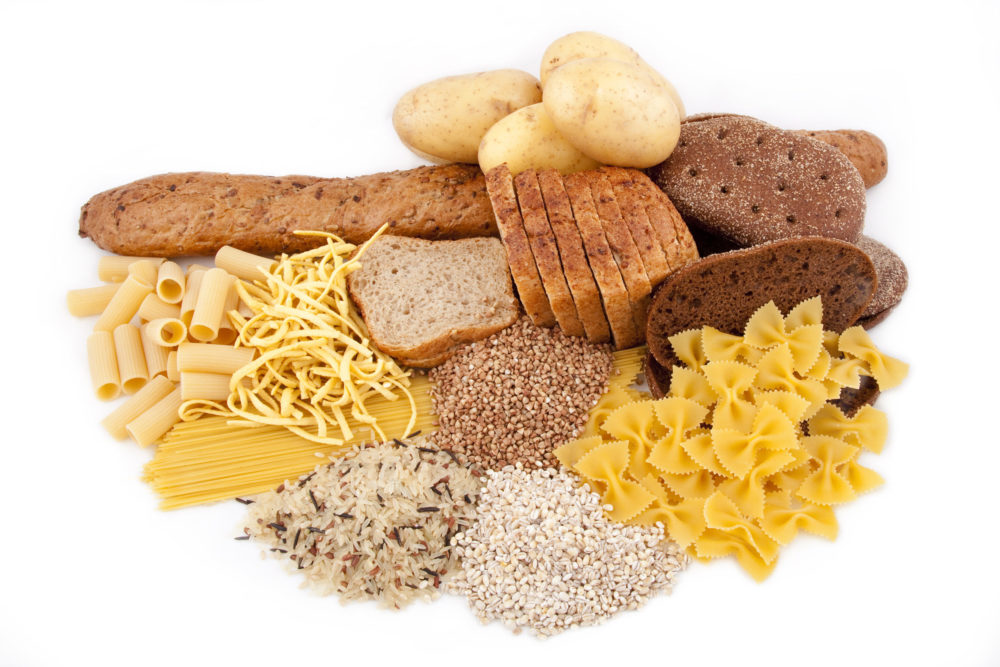
Some demonize them, others love them. Nutrition trends or not, carbohydrates play an important role in our diet – especially as energy suppliers. However, it is important to remember that carbohydrates should not be lumped together. Because there are digestible and indigestible carbohydrates. But more about that in a moment.
Carbohydrates are predominantly found in plant foods, occasionally also in animal foods. In plants, they function as supporting and reserve substances; for humans, the digestible carbohydrates provide energy (4 kcal/g). In the human body, they can also be stored in the form of glycogen in the liver and muscles.
Nutrition societies recommend getting about 45-55% of your daily energy intake from carbohydrates. The proportion of added, industrially produced sugar should not exceed 10%. Attention – the recommended percentages must of course be adapted to each and everyone individually, because energy needs differ from person to person.
Now we come to the already announced differentiation of carbohydrates (= saccharides). Carbohydrates are made up of carbon, water and oxygen and differ depending on how long the attached sugar molecule chains are. They are subdivided into monosaccharides and disaccharides, and into polysaccharides, which can and cannot be utilized. Dietary fiber belongs to the non-utilizable polysaccharides. What effect they have on our diet and how best to incorporate them into our diet, you can read in
THIS BLOG POST
read.
Nutrition societies indicate that an adequate intake of carbohydrates can be beneficial to our body’s health. We would therefore like to conclude today’s article with a quote from a position paper of the German Nutrition Society:
credentials
http://www.sge-ssn.ch/media/Kohlenhydrate-2019.pdf
https://agrisan.at/ballaststoffe-und-ihre-wirkung-auf-unseren-koerper/
https://agrisan.at/was-der-kohlenhydratanteil-in-der-ernahrung-ausmacht/
[1] https://www.dge.de/fileadmin/public/doc/ws/position/DGE-Positionspapier-Richtwerte-Energiezufuhr-KH-und-Fett.pdf
That was: The carbohydrates in our diet
Address:
Gasteigweg 25,
5400 Hallein
Austria
Opening hours:
Monday to Thursday: 09 – 16:00
Friday: 09 – 12:00
Contact:
Phone: +43 6245 83282
E-mail: info@agrisan.at
Address:
Gasteigweg 25,
5400 Hallein
Austria
Opening hours:
Monday to Thursday: 09 – 16:00
Friday: 09 – 12:00
Contact:
Phone: +43 6245 83282
E-mail: info@agrisan.at